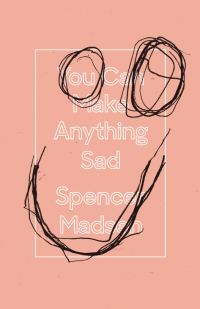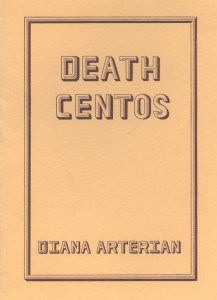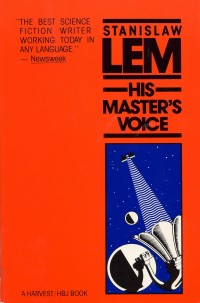 |
You Can Make Anything Sad
by Spencer Madsen
Publishing Genius Press, 2014
90 pages / $14.95 buy from PGP
|
1. Spencer Madsen’s new book has what you might call ‘a classic Alt-Lit title.’
2. Like many of his contemporaries, a fair proportion of this work is considering ‘What if…’ something happens and musing on ‘What ifs’ generally. I think this has something to do with the virtual world and what it has done to our brains. As a strategy it is, in itself, almost materially virtual.
3. There are many proper nouns. For me, proper nouns are essential.
4. Computer/technological device interface metaphors, analogies, etc., are a growth area to a large extent pioneered (as far as today’s technological landscape goes anyway) by Alt-Lit writers themselves. Madsen is very good at them. Here is one by him: ‘When you turn the screen brightness down on your computer, everything looks the same but seems a little shittier.’
5. On October 1st, 2012, Spencer encountered a man in a gym and mused on his ‘meaningless’ hairstyles, tattoos, and muscles (‘he does administrative work’) but notes that in a way this gym muscle man ‘is more authentic,’ ‘more purely veneer’ than your everyday person. This is deep, man! By which I mean that the way in which much Alt-Lit concerns itself with screens is down to the fact that screens, smoothness, etc., represent the spirit of our current age (and any age that we can imagine anytime soon on the, now non-existent, horizon) so it is important to face up to them, even if it means facing them to do so. This whole ‘life in front of small screens, large, intermediately sized screens’ is so ubiquitous it needs to be looked at. Alt-Lit does it very well, as does Spencer.
6. ‘A Tumblr called Girls Doing Things featuring photos of fully clothed girls doing normal things like standing in line at the post office or walking a dog’ would be the most genuinely erotic Tumblr of the year. Think about it, folks.
7. Nothing happens in this book in that way where everything happens or rather so many things happen that nothing seems to happen. Word thinks this is ‘verb confusion’ but it is really more about the state of things.
8. I say nothing happens but there is a half-hearted worry about coming to the end of a relationship which is recurrent but which isn’t foregrounded. Although coming to the end of a relationship is a big thing (like moving house, as they say, not enough novels about ‘moving house?’), it’s inevitable that something else will start.
9. Something else does start. He starts going out with someone new. It’s new; he likes it as we all like that kind of thing.
10. He’s good at the old poetic trick of mixing everyday concrete noun combinations like ‘cereal and milk’ with the slightly more amusing concrete noun ‘ice cream’ with a sudden abstract noun ‘emotional stability.’ This is an old trick that will never stop working. He executes it very well. I laughed.



 A Hotel in Belgium
A Hotel in Belgium Tombo
Tombo

 Death Centos
Death Centos